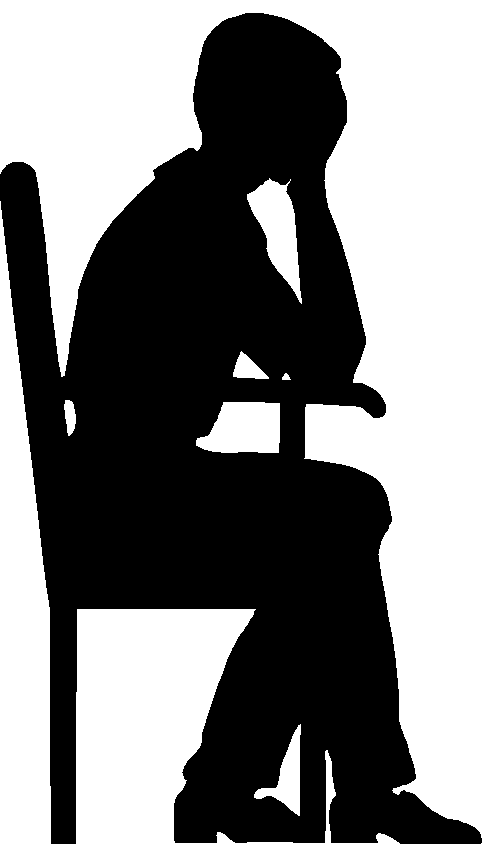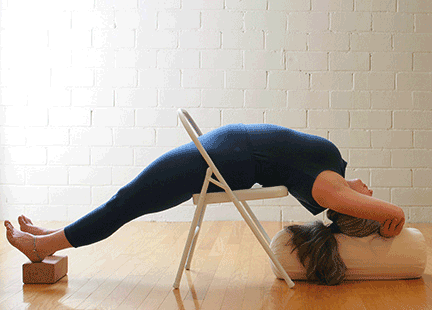If you are having trouble viewing this e-mail, click here for web version.
 |
Vrtti November 2010 – Yoga and Loss |
 |
|
Dear Yoga Friends, Some of you may know that I recently lost my sister Trudy. Diagnosed with breast cancer three years ago, she lived her life quite fully until early this year when the effects of the disease and treatments began to place increasing limits on her life. Though dealing with the situation the past several months has been demanding both emotionally and logistically for my family, we were fortunate to have received a tremendous amount of support from communities both here in San Francisco and also back east in New York where Trudy lived. But anyone who has experienced a situation like this understands that even with strong support from family and friends, the personal feelings of loss and grief take time to work through. The experience has led me to look more deeply into the relationship between yoga practice and loss. During the months prior to my sister's death, I felt significant added stress due to responsibilities of managing many of her affairs from a distance on top of the usual load, and I was chronically short on sleep. Yoga was critical for me in maintaining an even keel and feeling healthy. I found that the asana practice that worked for me was typically quite dynamic, moving from pose to pose with relatively short hold times. Longer hold times were more challenging because my mind would more likely drift. With so much happening on the east coast early in the morning our time, my pranayama practice was shorter, but I made sure to get something in every day, even if it was just a few minutes of sitting and breathing. The practice served to anchor me. When faced with the feelings of depression and grief that arise from loss, it is often helpful to practice backbends. If physical energy permits, the practice can be more demanding, but if not, you can do supported poses (such as the variation of dwi pada viparita dandasana show below). Sadness moves us into closed, contracted postures that limit our breathing, creating a feedback loop that makes us even sadder. Conversely, poses that expand and open the chest help make room for the breath and move us towards a lighter state, at least in the moment. It is truly more difficult to be depressed when your chest is lifted and open and you are breathing into the space you create. What does yoga philosophy have to say about loss? The yoga sutras discuss five afflictions which disturb the equilibrium of consciousness. One of these is raga, which means desire, or attachment. Sadness associated with loss is the flip side of attachment. We may derive pleasure out of something, but when we lose it, that pleasure is replaced by pain. Life is full of loss ranging from the toy you lost at the beach as a child to the death of friends and family members to the ultimate facing of one's own mortality. Within yoga practice there is also loss of capability that requires either acceptance or work to regain. Yoga guides us to be less attached to things or outcomes, to appreciate what the moment has to offer. This is not to say we should not plan, achieve, love, grieve, or do all those things that are part of a full life. But we can do those things while keeping in mind that we need to appreciate each moment and each day, and then be willing to let that precious moment or day go and embrace the next one, whatever it may bring. This is of course all work in progress, and I would love to hear anything you have to share from your own yoga path. Best wishes to you for this upcoming holiday season, whatever it may bring. Namaste, Chad |
|
|

